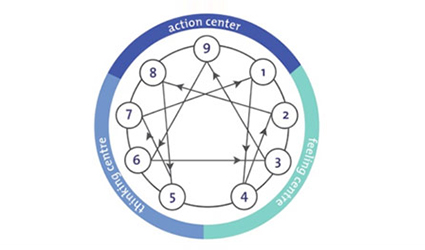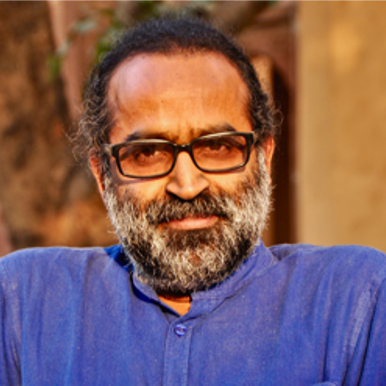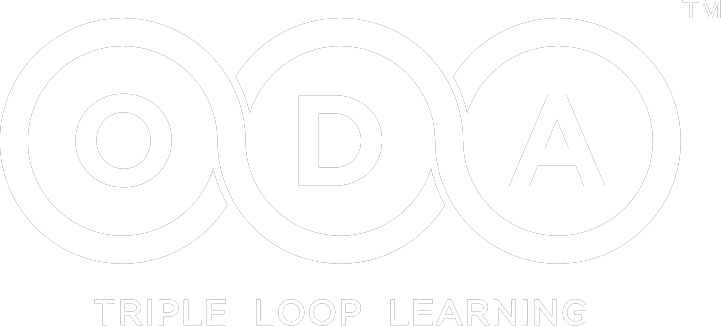Nine Archetypes of Leaders


Santhosh Babu
“We are sun and moon, dear friend; we are sea and land. It is not our purpose to become each other; it is to recognise each other, to learn to see the other and honour him for what he is: each the other’s opposite and complement,” wrote Hermann Hesse, the German Novelist in his classic book Narcissus and Goldmund.
Hesse and Carl Jung, the famous psychologist, became friends while the former was undergoing psychoanalysis under the latter’s assistant J.B. Lang, and he was influenced by Jung’s ideas around Personality and Personal Growth. We all know that each one of us is different, but are there any common patterns and frameworks that help us study our personality type and other types?
In the US alone, there are about 2,500 personality tests. One of the most popular is called the Myers-Briggs Type Indicator or MBTI. Used by 89 of the Fortune 100 companies, it is based on Jung’s work.
When my colleagues and friends come home, many a times the conversations are like this. “I think he is a Type 1 and his wife is an 8,” “You are a Type 6 and that’s why you are thinking like this.” We are talking about Enneagram, a personality system that describes nine basic types of people. It explains the strengths and limitations of nine specific strategies people use to interact with each other and the world.
It describes how those strategies look when people are functioning in a normal manner and when they are under stress. When personality type tests and assessment tools are worth four billion a year, the origin of Enneagram go back to many centuries. It is thought to have its roots in ancient Greece – thus its name: Ennea is Greek for nine; Gram means drawing.
The Enneagram symbol, a circle with nine points in it, can be traced back at least as far as the works of Pythagoras and also can be seen in “The Tree of Life” symbol of Kabbalah, the ancient Jewish tradition of mystical interpretation of the Bible.
Here is a brief description of the nine types of people based on Enneagram. While reading this, please keep in mind that no one type is better than another type.
The difference between Enneagram and other personality types is that Enneagram does not stop at helping us identify our type, but goes further to teach us how we have become unconscious in our ways of thinking, feeling and behaving by identifying with our type and how we lost touch with our pure being.
Type one-The Noble: Strives to be perfect and not to be irresponsible or careless. Nobles are models of decorum, clear logic and appropriate behaviour. They focus on rules, procedures and making sure that they are always doing the “right thing”. Under stress they can become critical, judgmental, unwilling to take risks, and fear that having “too much” fun is irresponsible.
Type Two-The Caring: Strives to be connected to others and not to be physically or emotionally isolated. They are selfless, giving and nurturing. They focus on helping others meet their needs; they easily build rapport and find connection with others. Under stress they fail to care for their own needs, end up becoming emotionally dependent on others, and fear that if they are not closely connected to others they will become isolated.
Type Three-The Producer: Strives to be outstanding and not to be mediocre or average. Producers work hard to exceed standards and to be successful in whatever they undertake. They place high value on productivity and presenting an image of being a winner. Under stress they become attention seeking, may value image over substance, and fear that if they are not making great efforts to be excellent they will become mediocre.
Type Four-The Dreamer: Strives to be unique and not to be plain, typical, or mundane. Dreamers are creative and approach their lives in fresh and interesting ways. They gravitate towards things and experiences that are elegant, refined, or unusual. Under stress they feel misunderstood, withdraw from others, and fear that if they don’t put their own special touch on their world and their experiences their individuality will become repressed.
Type Five-The Observer: Strives to be detached and not to be reckless, emotional, and uncontrolled. Observers are logical and generally reserved. They focus on problem solving, innovative ideas, and data gathering. Under stress they can end up being dull, out of touch with their experiences and emotions, and fear that if they do not remain detached and guarded they will become uncontrolled.
Type Six-The Guardian: Strives to be secure and not to let his or her guard down and be passive. Guardians find security in being part of something bigger than themselves, such as a group or tradition. They are careful, responsible and protective of the welfare of the group. They focus on maintaining consistency, tradition and cohesion. Under stress they may fail to take the risks necessary for high performance and settle for mediocrity and fear that if they relax their guard they will be vulnerable to possible dangers.
Type Seven-The Explorer: Strives to be excited and not to be bored or boring. Explorers are upbeat, enthusiastic, optimistic and curious. They focus on possibilities and options and keeping others entertained. Under stress they fail to follow-through, become easily distracted and irresponsible and fear that they may miss out on something and end up feeling empty.
Type Eight-The Boss: Strives to be powerful and not to be vulnerable or dependent on others. Bosses are action-oriented self-starters who love to be in charge. They focus on getting things done and overcoming obstacles. Under stress they may not adhere to the rules that others expect them to follow and their behaviour can become uncontrolled. They fear that if they become too connected to others or experience their own emotions too deeply, they will become dependent on others.
Type Nine-The Diplomat: Strives to be peaceful and not to seek attention or express needs. Diplomats are calm, pleasant, self-effacing, likeable, and charming. They focus on maintaining inner harmony by minimising their needs and concentrating on the needs of others. Under stress they overlook threats to their security or success, become vulnerable and fear that if they place too much importance on themselves they will be seen as attention seeking.
Are you able to find out which type suits you the most?
“Without self knowledge, without understanding the working and functions of his machine, man cannot be free, he cannot govern himself and he will always remain a slave,” wrote (George) Gurdjieff, who taught that most humans live their lives in a state of hypnotic “waking sleep,” but that it is possible to transcend to a higher state of consciousness and achieve full human potential. Gurdjieff popularised the modern Enneagram through his books and teachings.
Please click here to download the latest OD PUBLICATION.

